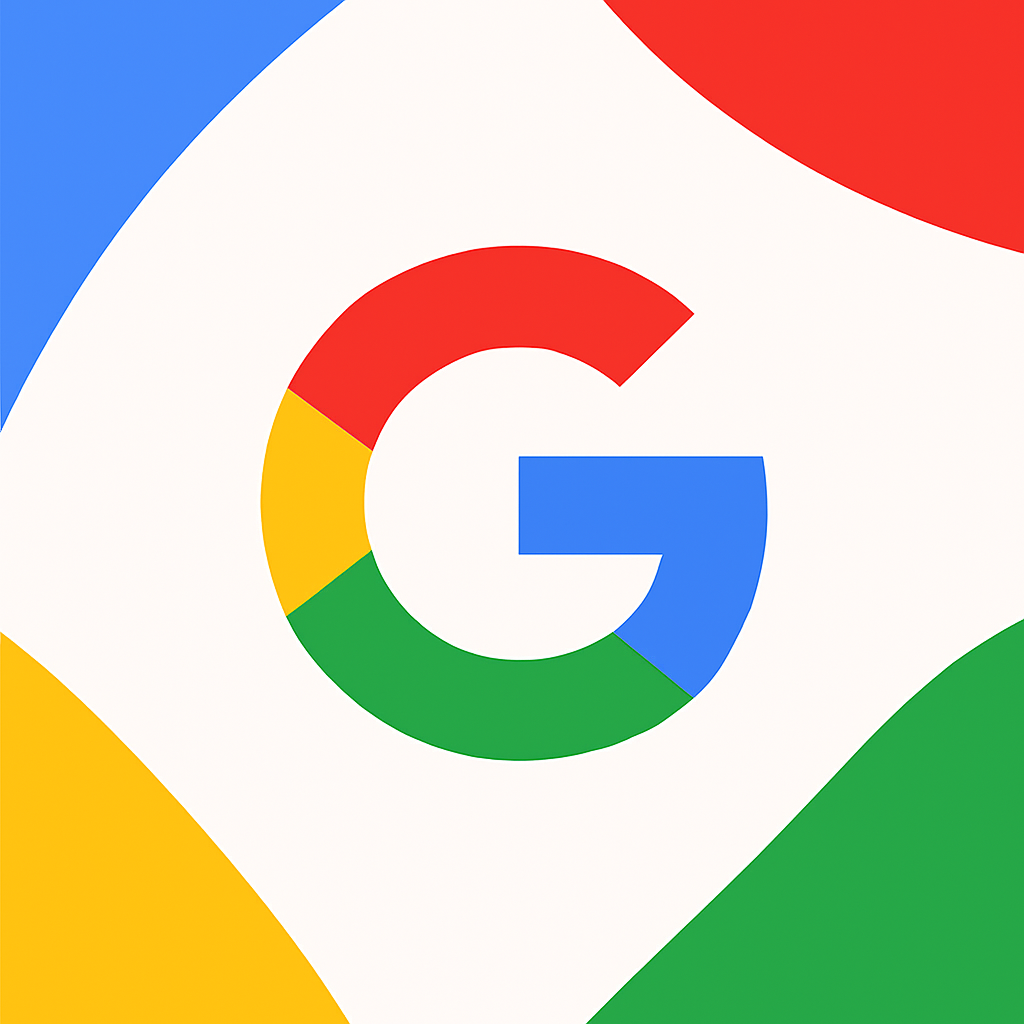Penske Media, the owner of Rolling Stone, has filed a lawsuit against Google regarding AI-generated summaries.
Google is now facing a fresh lawsuit that claims the company has unlawfully utilized content from news publishers to generate AI summaries, which are said to harm their business.

The lawsuit has been filed by Penske Media Corporation (PMC), which owns various industry publications including Rolling Stone, Billboard, Variety, Hollywood Reporter, Deadline, Vibe, and Artforum.
While this is the first lawsuit from Penske targeting Google and its parent company Alphabet regarding the display of AI-generated summaries in search results, other publishers and authors have previously taken legal action against different AI companies over similar copyright issues. Additionally, Google is also facing an antitrust complaint in Europe concerning its AI Overviews.
Jay Penske, the CEO of Penske Media, stated, "As a leading global publisher, we have a duty to protect PMC’s best-in-class journalists and award-winning journalism as a source of truth. Furthermore, we have a responsibility to proactively fight for the future of digital media and preserve its integrity — all of which is threatened by Google’s current actions."
Since the introduction of its AI Overviews last year, Google has faced criticism for jeopardizing the business models of the publishers it depends on for the content necessary to generate accurate AI summaries and responses.
The new lawsuit takes it a step further by alleging that Google continues to "wield its monopoly to coerce PMC into allowing Google to republish PMC’s content in AI Overviews" and to utilize that content for training its AI models.
In response, Google spokesperson José Castañeda remarked that AI Overviews enhance Google search by making it "more helpful" and creating "new opportunities for content to be discovered."
Castañeda added, "Every day, Google directs billions of clicks to websites across the internet, and AI Overviews help drive traffic to a wider variety of sites. We will vigorously defend against these baseless claims."
The lawsuit contends that although Penske Media permits Google to access its websites in a "trade of access for traffic," which is described as "the essential agreement that underpins the creation of content for the open commercial Web," Google has recently "started to link its involvement in this agreement to another transaction that PMC and other publishers do not agree to willingly."
"As a prerequisite for indexing publisher content for search, Google now demands that publishers also provide that content for additional uses that undermine or take precedence over search referrals," the lawsuit asserts, noting that the only way for Penske to opt out would be to completely withdraw from Google search, which would be "catastrophic."
The lawsuit further states that Penske has experienced "notable drops in clicks from Google searches since Google began implementing AI Overviews." This results in decreased ad revenue for the publisher and poses a risk to subscription and affiliate income, the company explains: "These revenue sources depend on users actually visiting PMC sites."
While Google has countered claims that AI Overviews diminish traffic to publishers, the lawsuit argues, "Google has not provided any credible alternative information regarding search referral traffic."
Penske’s lawsuit follows Google seemingly avoiding an antitrust crisis — although a federal judge had determined that the company acted unlawfully to sustain a monopoly in online search, the judge did not mandate the company to dismantle its operations (such as selling Chrome), partly due to the growing competition in AI.